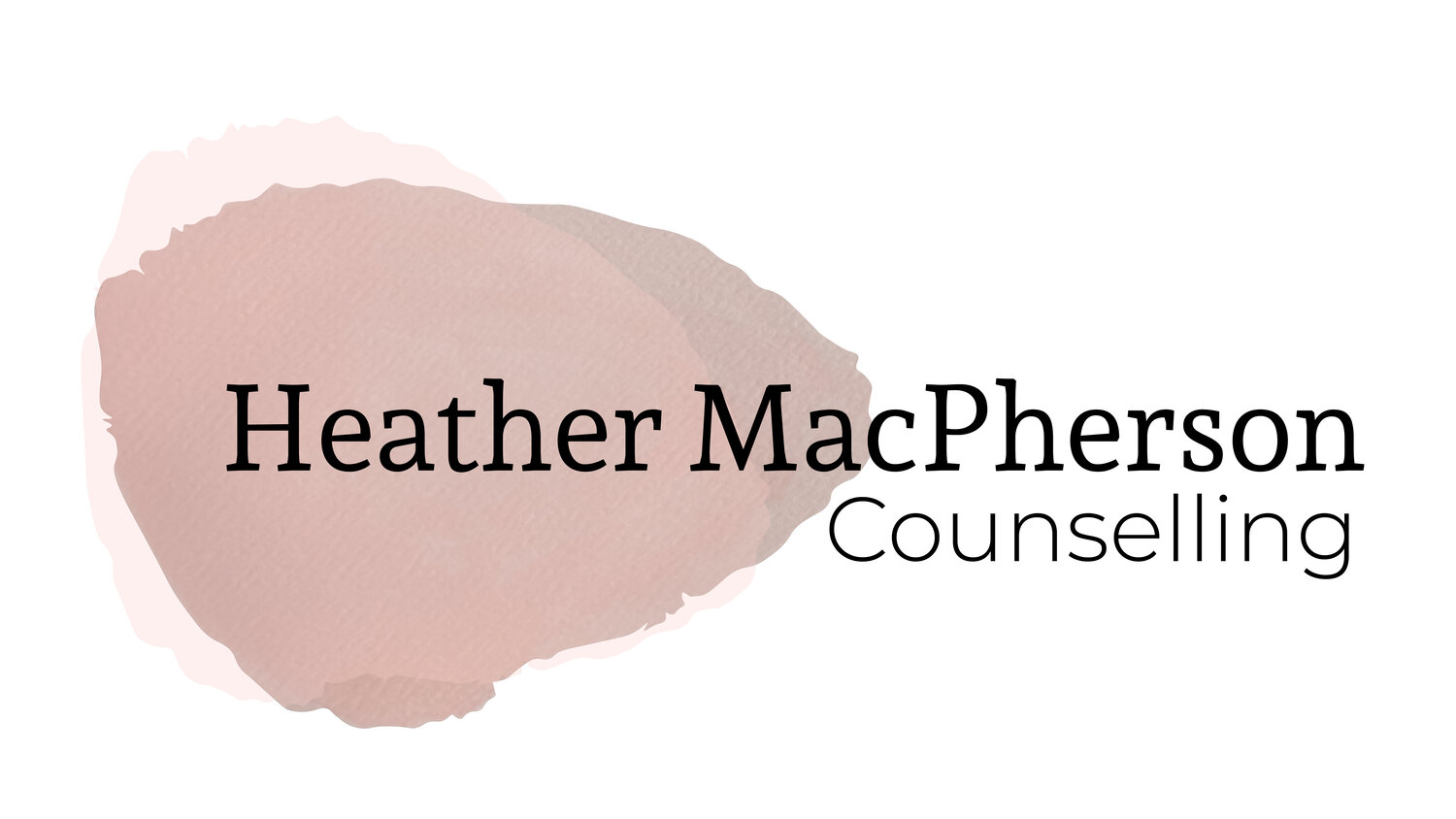Defusion Techniques and Skills from Acceptance and Commitment Therapy in BC Part 1
Painful and unhelpful thoughts are unfortunately a part of life. As much as I wish I could wave a magic wand and free my clients from unhelpful and painful thoughts, I can’t. They aren’t going to go away. They are part of the human experience and a part of life. The wonderful news is that we don’t have to believe all of our thoughts, we don’t have to take all of our thoughts seriously, and we can create distance from our thoughts so that they have much less effect on us and are less “in our face.” This reduces struggling. Battling or believing all of our thoughts creates more suffering that is added to the human experience of pain.
From Acceptance and Commitment Therapy, Defusion is the process of "detaching" from your thoughts so that you can observe them without getting caught up in them. It's about recognizing that thoughts are just thoughts—they don't define you or control your actions. Instead of getting swept away by them, you learn to step back and let them come and go without reacting or getting overwhelmed.
Start by saying “I notice…” I notice that I am having the thought that I am not good enough… I notice that I am worrying about what will happen if…” Putting the word “I notice” before ethe thought can start to put some space between you and the thought and help you to not over-identify with the thought. If you’d like, you can even say “I notice that the Wizzard of Oz voice is saying …” “I notice I am consumed by overwhelm, I notice I am being dominated by depressive thoughts”
Appreciate what mind is trying to do → listen to thoughts, say “thanks for that thought Brain” (not dismissively). Be sincere. Your brain thinks it is helping you. You can even give your brain a name! Tell it, despite your thought, “I’ve actually got this – I’m good! I don’t need your help!” Remind yourself (outloud if you can) that thoughts are not facts. They might seem like facts, but they are in fact, thoughts. Thoughts only have power if you give them power. You might have the thought “I’m becoming very anxious”.. say, thanks Brain… I hear you speaking, but I must remind you (and myself) that thoughts are not facts. Your brain may not stop ranting or fussing, and you will have to continuing thanking it and then carry on with your day or take an action towards the life you want to live. (1)
Victor Frankl, psychiatrist and Holocaust survivor states “Between the stimulus (the thought) and the response (our action to the thought) there is space. In that space is our power to choose our response. In our response lies our growth and our freedom.”
. I hear you saying “I need a drink of alocohol, or I need to perform that compulsion (OCD) but thoughts are not facts and I don’t have to act on what you say.
Picture your mind as a radio dialed in to the news station (2) : This news station is playing doom and gloom news. See if you can sit back and just listen to the radio in the background, not paying too much attention to or focusing on all the words.. just let it play in the background.
Picture the though as a pop up add in Youtube (thanks to my young client who keeps me “hip!” who came up with this analogy). Imagine that you are watching an informative, or life-giving video on you tube and an add pops up. You wait the 5, or 30 seconds for it to finish, without really paying attention to it or giving it your energy, then press “skip” to resume to the video you intended to watch.
More Defusion Skills for Therapy BC Here! Part 2
All techniques adapted from (cited as (1), and (2).
Hayes, S. C. (2019). A liberated mind: How to pivot toward what matters. Avery.
Caufield, C. (2023). Acceptance and commitment therapy toolbox: 90 exercises and worksheets to help overcome depression, addiction, OCD, and reduce anxiety. Independently published
Offering In person counselling near Mission, Abbotsford, Chilliwack, and Agassiz BC and online therapy throughout BC
